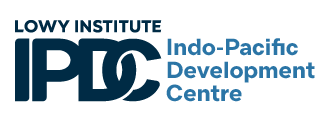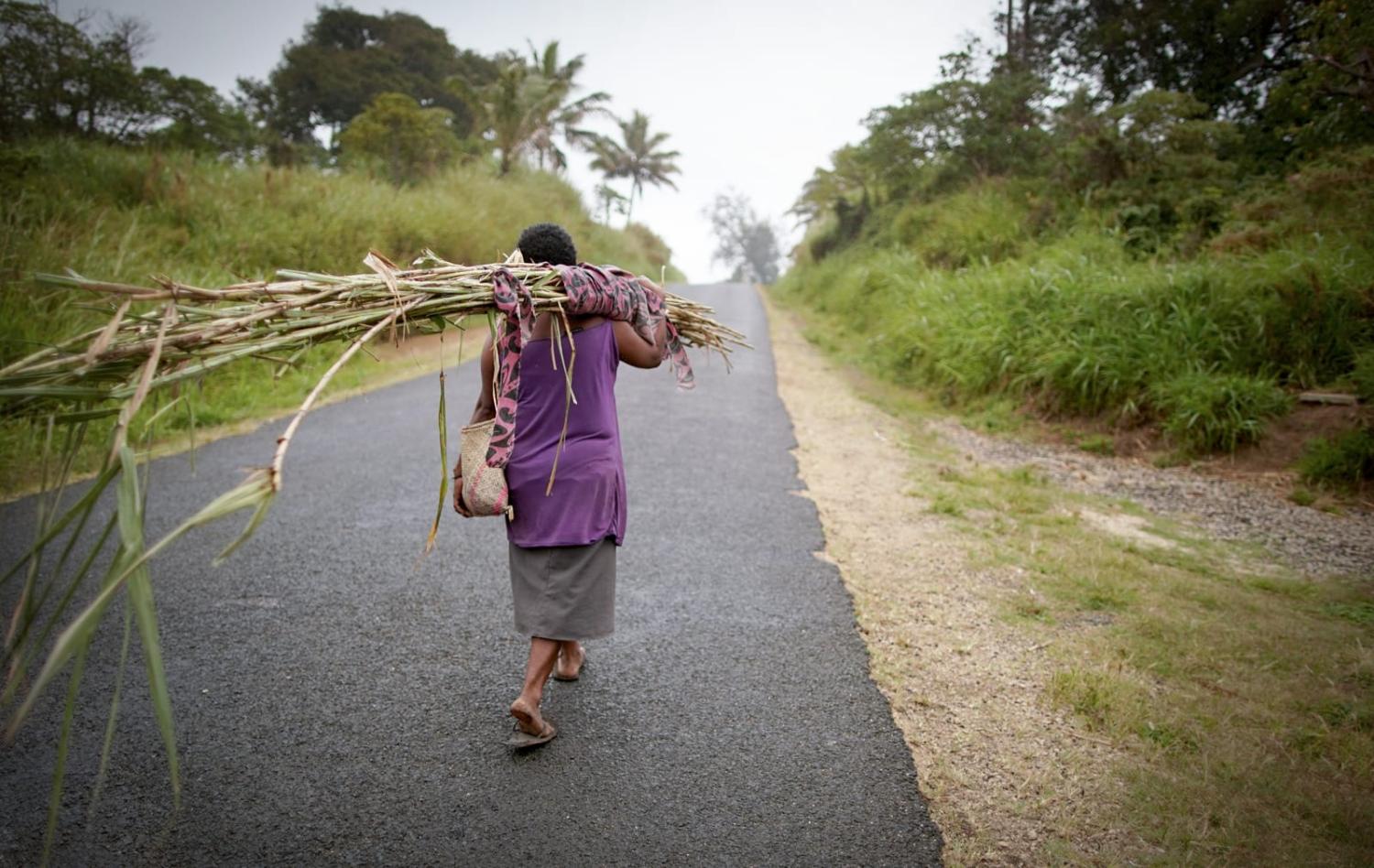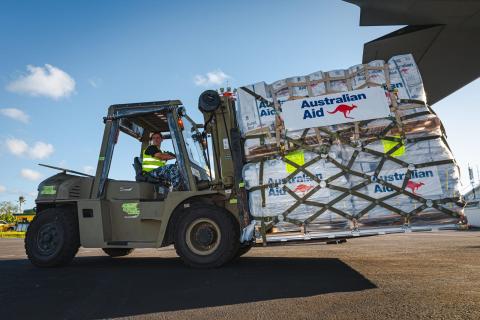Several Pacific nations have experienced a spike in public debt in recent years due to Covid-related border closures, trade disruptions, and climate-related disasters. Vanuatu, like its regional counterparts, was substantially affected. But its fiscal situation remained manageable, mostly because it was able to draw upon large cash reserves built up before the pandemic.
Vanuatu’s debt outlook, however, could rapidly deteriorate. Although the latest debt sustainability analysis conducted by the International Monetary Fund assesses the country as facing a moderate risk of external debt distress, apparent plans to take on a large Chinese infrastructure loan could dramatically push Vanuatu’s debt outlook into the red.
Vanuatu's 2030 development strategy emphasises sustained and inclusive growth through economic diversification and infrastructure development, mostly relying on external financing support. China is a key contributor, providing the majority of bilateral infrastructure funding, notably through loans. By the end of 2022, around 80% of Vanuatu's public debt was external, with loans from China Exim bank accounting for almost 40% of this.
In October 2021, the Vanuatu Government and China Civil Engineering Construction Corporation (CCECC) signed a nonbinding agreement for the construction of Malekula Road Phase III, a 77.5 kilometre road project, amounting to VT13.2 billion (A$168 million) or around 12% of Vanuatu’s GDP. With this, China’s share of Vanuatu’s external debt would rise to over 50%.
There is currently limited public information on the status of these plans. The project does not appear to have been included in the latest IMF analysis. However, indications from local media, the Reserve Bank of Vanuatu, and information on China’s development agency website all suggest that the project will indeed proceed upon the completion of Phase II, which occurred in December 2023. To our knowledge, there is no public announcement indicating the project will not proceed. We contacted the ni-Vanuatu government for further details and comments, but did not receive a response.
The first two phases of the project were well received. Indeed, Vanuatu’s outer islands need new roads. But if implemented, the sheer size of the planned Phase III project would likely drastically worsen Vanuatu’s debt outlook.
To evaluate the potential implications of this loan, we adapted the most recent analysis done by the IMF to incorporate the project as well as several additional pertinent factors. We then compared our results with IMF risk thresholds based on the country’s assessed debt-carrying capacity. Following the IMF approach, we focused on the total stock of public and publicly guaranteed external debt measured on a present value basis (which adjusts for the fact that most of Vanuatu’s external debt is provided on below-market terms).
The consequence of the prospective loan from China is illustrated in our “Additional Chinese debt” scenario, presented in the chart below. The exact terms and implementation schedule of the project is unclear, so we assume these would be similar to the first and second phases of the Malekula Road project.
Vanuatu’s external debt would substantially breach the IMF external debt threshold of 40% of GDP as early as 2024 and not recover within the next decade. In other words, using the IMF criteria, proceeding with the Chinese loan would leave Vanuatu facing a high risk of debt distress.
To make matters worse, Vanuatu’s debt outlook, even without the new Chinese loan, might be considerably worse than the IMF analysis suggests.
First, due of uncertainties surrounding Vanuatu’s controversial Economic Citizenship Program (ECP). The ECP offers citizenship for payment and provides access to Vanuatu’s low-tax environment and visa-free entry to Europe. It has been a major income source for Vanuatu, accounting for over a third of government revenues since 2018. In 2022, flaws in the due diligence of applicants led to a temporary EU suspension, causing a 35% decline in visa scheme revenues to its lowest level in five years. Despite a recent pause in the suspension until August 2024, serious doubts persist over whether the ECP program can be reformed under the guidelines set out by the European Union. Even if reforms go through, which currently seems unlikely in the light of recent political instability and stalled government decision-making, chances are that EU guiderails will make the program more restrictive and less attractive, generating significantly less ECP demand and revenues.
Second, to simplify its medium-term projections the IMF analysis assumes Vanuatu will not suffer a disaster before 2027, treating disasters as a risk rather than part of the baseline. Yet, the three cyclones and an earthquake that Vanuatu has suffered in the past year alone suggests the opposite would be a more realistic assumption.
Our “ECP loss and climate impact” therefore integrates a substantial further loss of ECP revenue and the average annual economic costs of disasters. As the chart shows, even without the new loan from China, it is quite possible that Vanuatu is already facing a high risk of debt distress –while adding the loan on top of this would leave Vanuatu in an even more precarious state, with its debt ratio persisting well above the IMF warning threshold for the foreseeable future.
Overall, Vanuatu’s debt outlook is highly uncertain and needs further scrutiny. The newly elected government in Vanuatu will need to consider politically hard options, including reducing reliance on the ECP, increasing domestic tax revenue, and rationalising public expenditure.
The most urgent measure, though, is to review the Malekula Road Phase III project, which risks leaving Vanuatu at deep risk of debt distress. If the project is to go ahead, several options could be considered, including requesting grant financing from China, or at least much more concessional loan financing including the addition of specific debt suspension clauses.
China, too, should be willing to review the project, as proceeding would seem a clear case of irresponsible lending to a vulnerable economy.
Vanuatu needs high-quality infrastructure, but given the prevailing fiscal constraints, the government should seek grants or highly concessional loan financing. China could perhaps provide this. Alternatively, Vanuatu could seek financing from other sources such as Australia , though this too would need to be highly concessional in nature.



